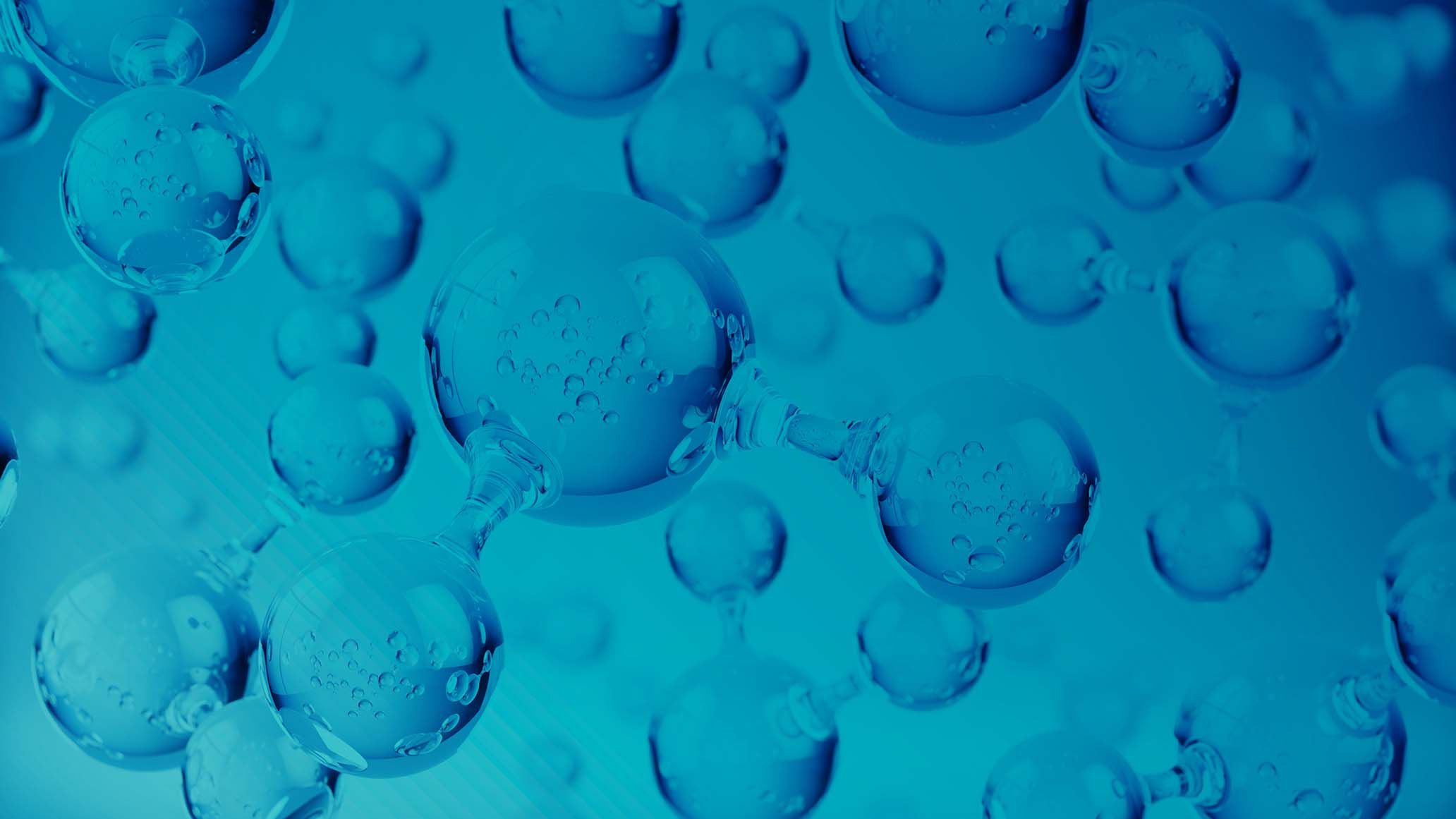German cabinet has approved ‘Hydrogen Acceleration’ law to enable rapid expansion of H2 production and infrastructure
)
On Wednesday 29th of May 2024, the federal cabinet of Germany agreed on a new law which has been put together with the aim of facilitating a rapid expansion of Germany’s hydrogen infrastructure. This plan becomes more detailed, as the cabinet reveals that this expansion will be carried out through a leaner and faster planning regime.
This new act will apply to green hydrogen production facilities, H2 pipelines, hydrogen and ammonia import terminals, ammonia crackers and finally, specific power lines. These power lines will be the ones which supply electrolyser installations and other infrastructure, including import terminals and processing facilities for liquid organic hydrogen carriers (LOHC). An extra benefit with the introduction of this draft law, is that it will streamline planning, which will in turn, allow green H2 developers privileged and much needed access to water.
One of the reasons this law is viewed as such a large change, is because it overrides certain environmental and procurement requirements that have been imposed on developers. Whilst it simultaneously shortens or introduces deadlines for officials to make decisions when it comes to key planning milestones. For instance, this will have a particularly large effect on those companies which deal with allowing access to water and digital infrastructure, as well as companies who handle environmental permitting.
Alongside this, the bill also mentions promises of measures which will accelerate court proceedings that are related to permitting and it will also digitalise the application and decision-making processes, to help the system become more efficient.
The overall goal of this new draft law, along with the other new draft laws which are being put out, is to quickly expand German hydrogen infrastructure. The plan has multiple options, from doing this with massive financial support from the government, to central infrastructure planning, or through regulatory incentives.
The Hydrogen Acceleration Act, still has to pass through parliament, but the federal department for economic affairs and climate protection (BMWK), said it focuses on “accelerates, simplifies and digitises the relevant planning, approval and procurement procedures.”
Minister for economic affairs and climate protection, Robert Habeck, commented, “An efficient hydrogen infrastructure is of crucial importance for the decarbonisation of industry. The hydrogen pipelines will be the lifeblood of the industrial centres. Time is running out. In order for electrolysers or import terminals to go into operation as quickly as possible, we need leaner and, above all, faster planning and approval procedures. With the Hydrogen Acceleration Act, the course has now been set. The law removes obstacles to the approval of infrastructure projects that produce, store or import hydrogen. This is another milestone on the way to the hydrogen economy.”



)
)
)
)
)
)
)
)


)
)
)
)
)

)
)
)
)
)
)
)
)

)
)
)
)
)
)
)

)
)
)
)

)
)

)
)
)
)
)
)
)
)

)
)
)
)
)

)
)

)
)
)
)
)
)
)
)


)
)


